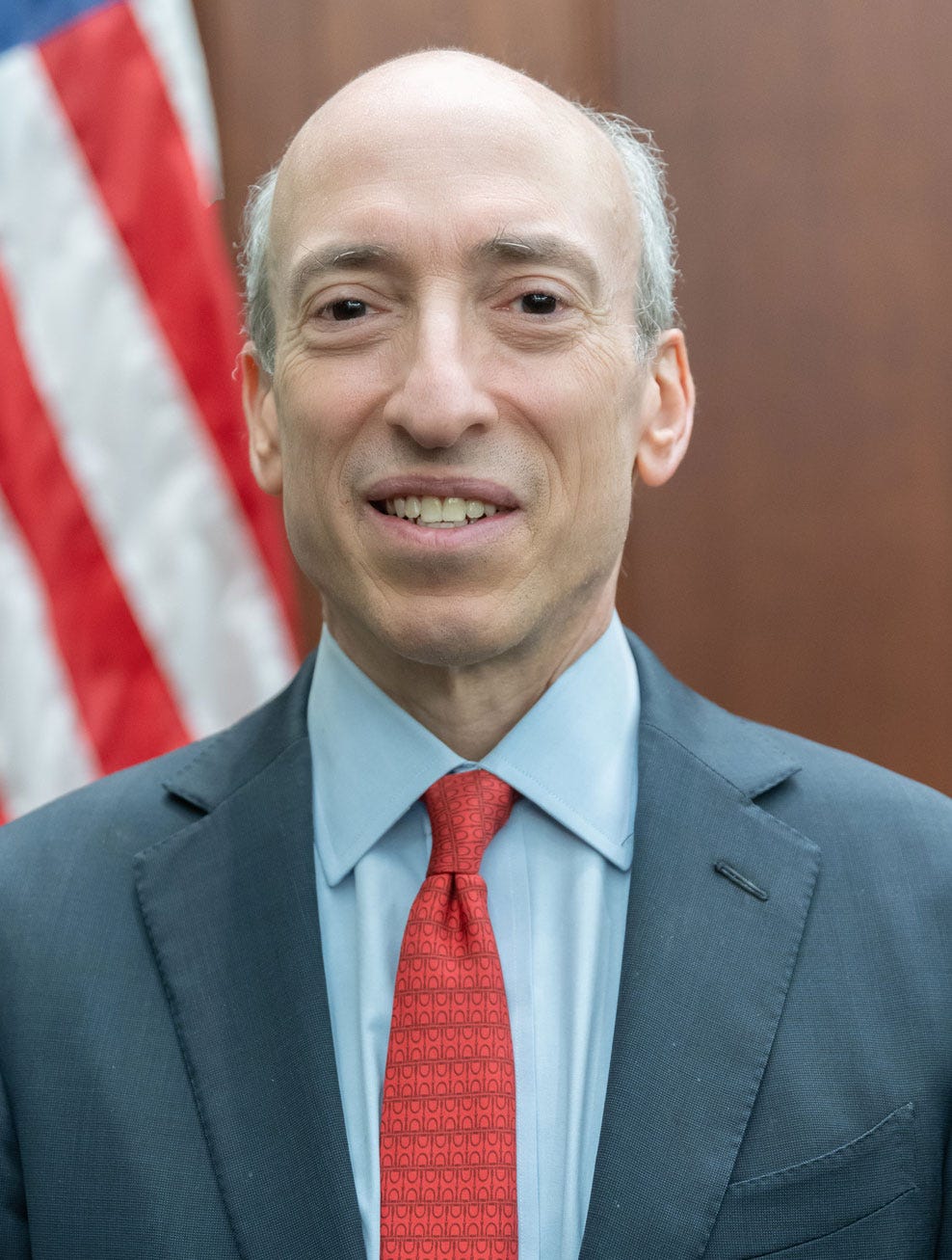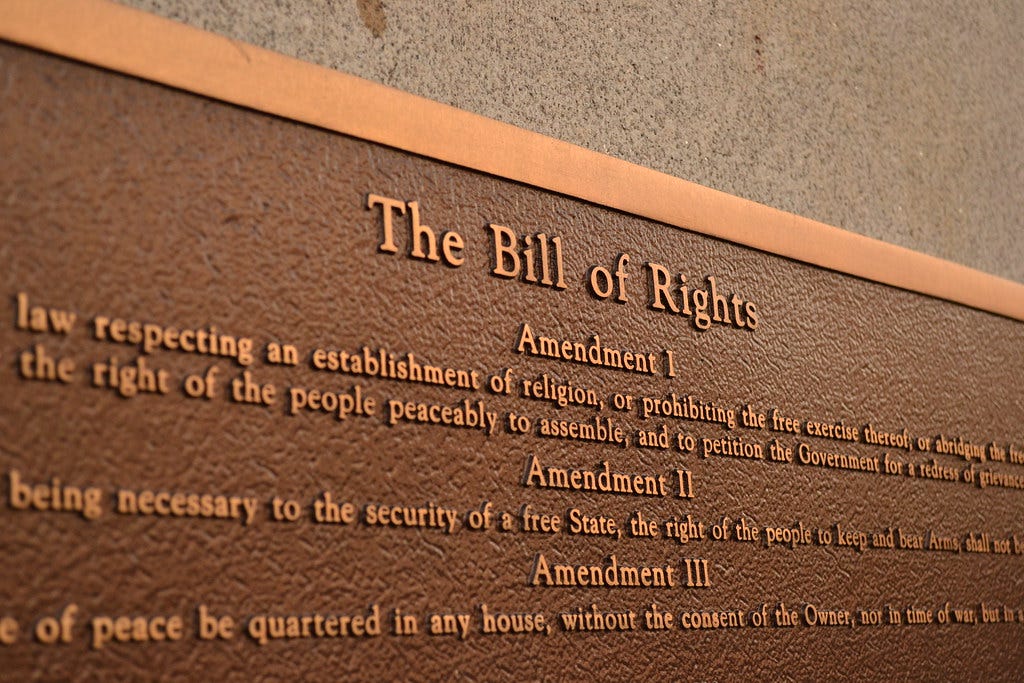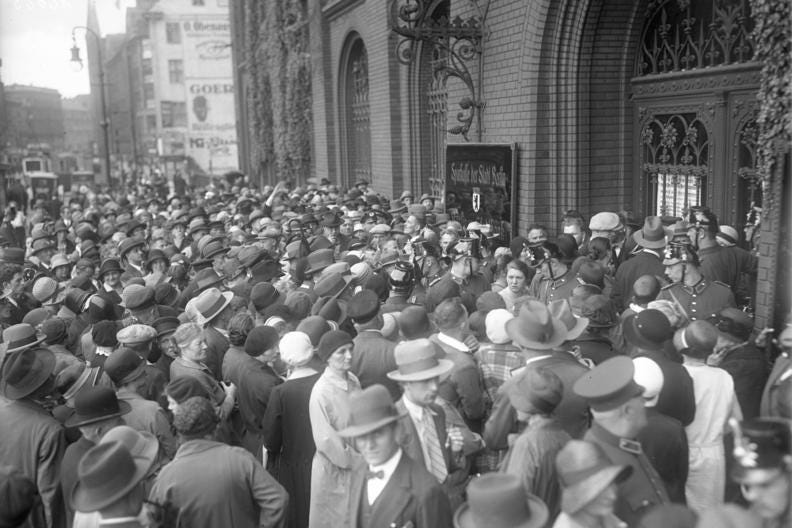MMTLP a Jay Zdonek story
Jay Zdonek's story is a heart-wrenching account of the devastating impact of market manipulation on retail investors.
MMTLP a Jay Zdonek story
Introduction
Jay Zdonek's experience with Torchlight Energy and the MMTLP community, is a telling story with regards both the priorities of tge SEC and the consequences of those priorities. Jay saw firsthand how market manipulation can lead to the loss of hard-earned money, business capital, and even life savings. All as a result of a lack of regulation and oversight in the financial system allowing non-banking hedge funds to manipulate markets and influence the success or failure of companies.
The priorities of the SEC
The Chair of the U.S. Securities and Exchange Commission (SEC), Gary Gensler, has called for greater scrutiny of hedge funds and other parts of the shadow banking system following last month's upheaval in U.S. government bonds. Gensler believes reducing the risks from speculative funds and non-banking financial institutions is more important than ever. He added that it's appropriate as a capital markets regulator to talk to parties and see whether risks propagate out.
While Gary Gensler is worried about the impact the non-banking system is having on US government bonds, he continues to fail in his duty to acknowledge MMTLP retail investors.
MMTLP Fraud explained
Torchlight Energy Resources attempted to raise capital for drilling projects on their primary asset, a large acreage of oil-rich land in Texas. However, aggressive and predatory short sellers targeted the company, leading to a merger with Canadian tech firm Metamaterials, resulting in a sell-off of its oil assets.
Shareholders were promised shares in the new company, MMAT, and a special dividend that would convert to cash if the TRCH assets were sold or spun out into a new company. However, Market Makers created a non-tradable placeholder for the special dividend called MMTLP and traded it on OTC markets without the knowledge or consent of Metamaterials or its shareholders.
Market Makers then increased their naked short positions until the last day of trading, causing the stock to hit a new low, resulting in FINRA marking MMTLP Caveat Emptor.
In November 2022, Torchlight's assets spun off into a private company called Next Bridge Hydrocarbons, and shareholders received a 1-1 distribution of MMTLP for NBHC. On the last day of trading was volatile, with high volume and a significant drop, with the MMTLP community suspecting that the massive short interest in the stock was to blame. Regardless the SEC failed in their legel obligations to protect retail investors.
Gary Gensler silence is defining
To protect retail investors in cases like Torchlight Energy Resources, the Chair of the SEC, Gary Gensler, has an obligation to implement stricter regulations on market makers and short sellers. This should include enforcing transparency requirements, such as mandatory reporting of short positions, and investigating any potential market manipulation tactics by market makers or short sellers.
Additionally, Gensler should look into increasing the scrutiny of OTC markets, where non-tradable placeholders like MMTLP were traded without the knowledge or consent of the company or its shareholders. This could involve strengthening oversight and regulation of OTC markets to prevent such occurrences in the future.
Gensler's response is defining, rather than implementing measures that aim to promote fairness and transparency in the financial markets, particularly for retail investors who can be vulnerable to the actions of market players seeking to manipulate the market for their own benefit. He was completely negligent with regards to his legal and constitutional responsibilities in this case.
The Jay Zdonek's story
Jay Zdonek's story is a heart-wrenching account of the devastating impact of market manipulation on retail investors. Like many others, Jay was introduced to the world of trading by a friend and found it fascinating. He invested in Torchlight Energy (TRCH) after researching the company and, later, increased his position upon learning about a preferred dividend called MMTLP.
Jay planned to sell his shares after a run-up, but everything came to a halt when the U3 Halt was imposed. Jay became depressed and watched his hard-earned money, his business capital, and his family's moving fund vanish. He was devastated to learn that his son's money he had invested was gone too.
As the weeks went on with no resolution, Jay found himself in great despair. He had to let go of employees, and his wife's medical procedures had to be delayed, causing further hardship for the family. Many others in the MMTLP community suffered similar losses, and some tragically lost their lives.
Despite the emotional devastation and financial hardship, Jay found solace in the community of investors he met through Twitter and Spaces. They shared stories, kept each other strong, and fought for justice.
Jay's story highlights the devastating consequences of market manipulation on retail investors. It’s not just about missed opportunities but also lost memories with family and loved ones, which is a tragedy that touches the core of every blue-collar family.
The pursuit of happiness
Jay Zdonek's story is a powerful reminder of the potential harm caused by market manipulation and the importance of protecting retail investors. It also raises concerns about the fairness and accessibility of the financial system, as well as the need for greater transparency and accountability.
Jay's story reflects how market manipulation and lack of regulation can lead to financial and emotional devastation for hardworking people.
The Bill of Rights affirms the importance of life, liberty, and the pursuit of happiness, but when individuals like Jay are denied the opportunity to benefit from their labor due to unfair market practices, their pursuit of happiness is hindered.
The financial system has a responsibility to promote fair and just practices that allow for equal access and opportunity for all. In failing to do so, the system can erode individual rights and freedoms, making it difficult for people like Jay to achieve their goals and aspirations.
Failure to regulate
The scale and size of the non-banking hedge fund industry have become so significant that they are capable of manipulating markets to the point where they can influence the success or failure of companies and determine whether certain Federal Reserve policies are effective or not.
For instance, during the 2008 financial crisis, it was found that some hedge funds were short-selling stocks that large investment banks were holding. This led to a sharp decline in the stock prices and in turn, triggered widespread panic and financial instability. Similarly, in March 2020, when the COVID-19 pandemic caused the stock market to crash, some hedge funds exploited the market volatility to make huge profits by buying low and selling high. This put a burden on many retail investors and traders as they weren't able to react to market movements quickly enough.
Given the huge sums of money at their disposal and the freedom with which they can operate, non-banking hedge funds have the ability to use leverage to amplify their trading positions and to take on more risk than traditional banks. As a result, their actions can have a ripple effect on the broader economy, potentially leading to systemic risk if things go wrong.
Conclusion
While Gary Gensler is worried about the manipulation of the US government bond market, the Jay Zdonek story highlights the devastating impact of market manipulation on individual retail investors. Which in shi es a 'Torchlight' on the priorities of Gary Gensler and the SEC.
Through his experience with Torchlight Energy and the MMTLP community, Jay saw firsthand how market manipulation can lead to the loss of hard-earned money, business capital, and even life savings. The lack of regulation and oversight in the financial system allows non-banking hedge funds to manipulate markets and influence the success or failure of companies.
This can lead to widespread panic and financial instability, as seen during the 2008 financial crisis. Similarly, the actions of hedge funds during the COVID-19 pandemic caused a burden on retail investors and traders. The use of leverage by non-banking hedge funds can amplify their trading positions and take on more risk than traditional banks, leading to systemic risk if things go wrong. Overall, the Jay Zdonek story highlights the importance of regulating the financial industry to protect individual investors and prevent market manipulation from causing widespread harm.








